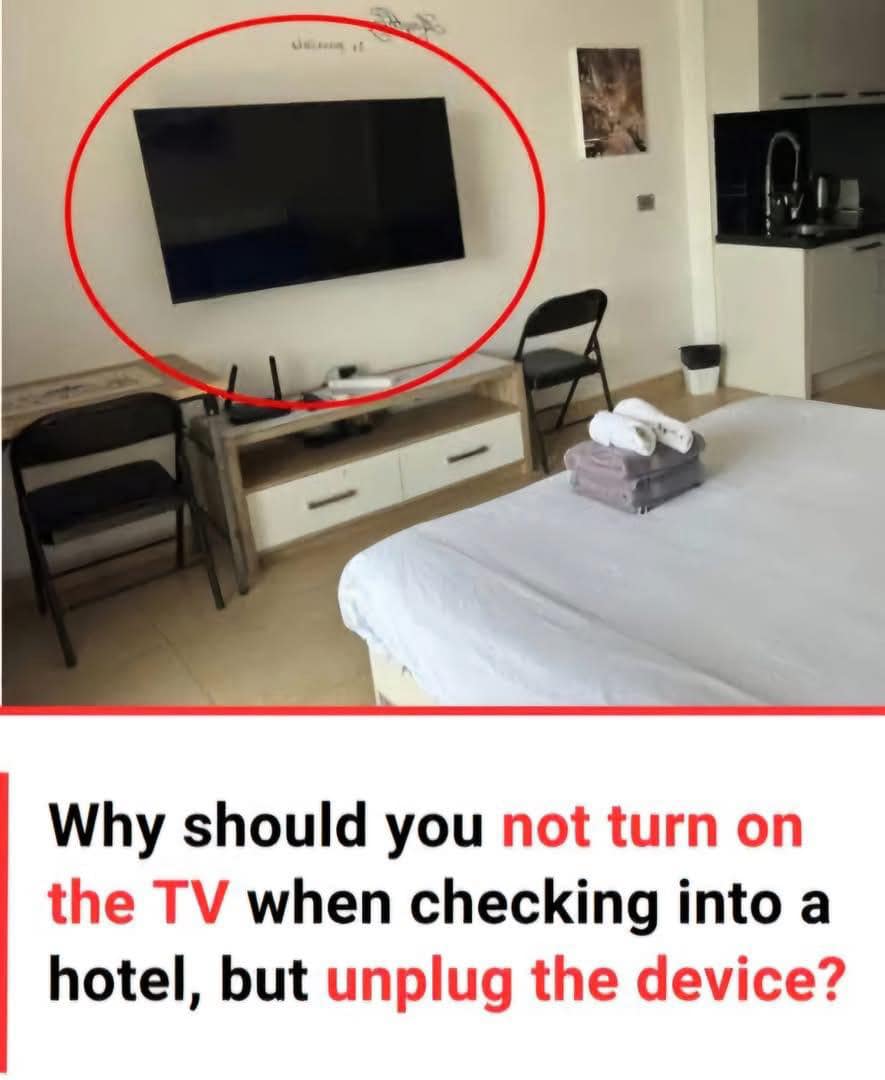Whether you’re traveling for business or taking a much-needed vacation, staying in a hotel is a routine part of the experience. But just because hotels are designed to offer convenience and comfort doesn’t mean you should let your guard down. To make sure your stay is safe, secure, and hassle-free, there are several important things you should always do the moment you step into your hotel room. These simple steps don’t take much time but can make a big difference in your overall experience.

Start by giving the room a thorough inspection as soon as you check in. It’s easy to assume everything will be in perfect working order, but it’s better to check than to deal with surprises later. Turn on the lights, make sure the air conditioning or heating works properly, and run the water in the sink and shower to confirm the plumbing is functioning. Don’t forget to look at high-touch areas like doorknobs, light switches, bathroom fixtures, and the TV remote control. These spots can carry germs even in clean hotels, so giving them a quick check—or a quick wipe-down—adds a layer of safety.
Next, be aware of your privacy. Hidden cameras in hotel rooms have become a growing concern in recent years, and while the chances of encountering one are slim, it’s still smart to be vigilant. Areas like alarm clocks, smoke detectors, picture frames, potted plants, or even the TV are common hiding spots. One effective method is to use your phone’s camera in video mode to scan the room in darkness. Hidden cameras sometimes emit a small infrared light, which can show up as a tiny glowing dot on your screen. You can also use your phone’s flashlight to catch reflections from hidden lenses in suspicious-looking objects.
Make sure you also check that all the amenities you were promised are actually there and working. This could include the minibar, extra towels or bedding, the in-room safe, or Wi-Fi access. Take a quick look through the room service menu, hotel policies, and emergency contact information. Knowing what’s available can make your stay more comfortable and help you avoid unexpected fees.
Before settling in, take a moment to close the curtains and adjust the lighting in the room. This helps protect your privacy from any prying eyes outside. While you’re at it, turn off the lights and scan for any unexplained light sources—small red or blue dots could indicate an active device, which might be something you need to investigate.
Don’t overlook decorative items and furnishings. Check behind wall art, in flower arrangements, and around the mirror or nightstands. Cameras have gotten smaller and more discreet, and the bathroom is one of the most vulnerable areas when it comes to privacy, so be extra cautious there.
After ensuring your privacy, shift your attention to safety. Check the main door and any adjoining room doors to confirm the locks are working correctly. If there’s a deadbolt or security chain, test those too. For windows, make sure they can lock securely. If you’re traveling alone or just want extra peace of mind, consider using a portable door lock or doorstop for additional protection.
Even in high-end hotels, cleanliness isn’t guaranteed. Use disinfectant wipes to sanitize high-touch surfaces like remote controls, nightstand handles, bathroom counters, and even the thermostat. This small act can help you avoid picking up unwanted germs during your stay.
It’s also important to know your surroundings in case of an emergency. Take note of the nearest stairwell and emergency exit. Check the evacuation plan, usually posted on the back of the hotel room door, so you’re not caught off guard in the event of a fire or other urgent situation.
If your room includes a safe, test it before trusting it with valuable items. Store important things like passports, jewelry, cash, or electronics either inside the safe or in a concealed area away from plain sight. Leaving things out in the open can invite trouble, especially if housekeeping or maintenance staff need to enter while you’re away.
And finally, unplug the television. TVs in hotel rooms are often placed directly across from the bed, which makes them a prime location for hidden cameras. Even if there’s no camera inside, the infrared connection in smart TVs can be exploited. Unplugging it eliminates any risk and gives you added peace of mind.
By taking these practical steps the moment you arrive, you can ensure your hotel stay is safer, more private, and much more relaxing. A little caution goes a long way, and being proactive helps you enjoy your trip without worry.





